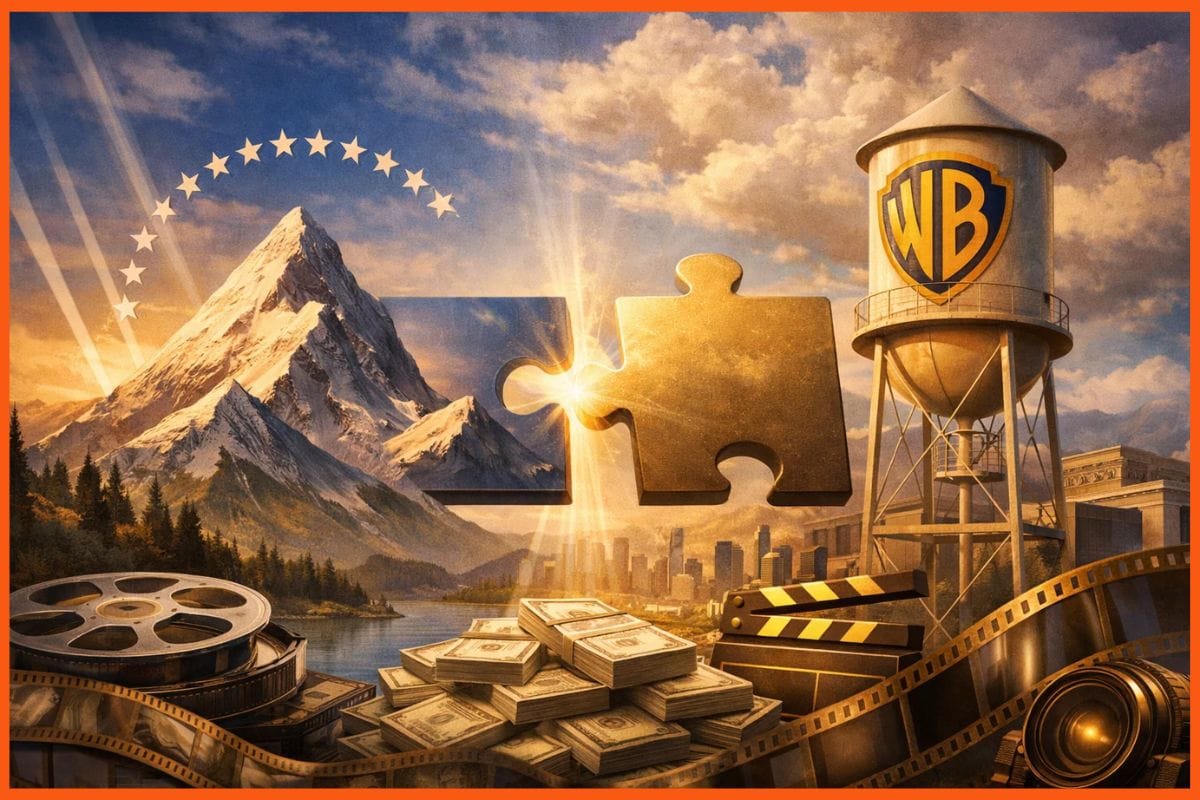Why is North Korea Facing its Worst Financial Crisis?
News 📰
The onslaught of the novel coronavirus pandemic has had disastrous effects ever since it broke out the past year. Though the mortality rates have significantly reduced in many countries this year, the harrowing aftermath of the disease is what is still dragging on in many others, including North Korea.
North Korea is witnessing the worst slump that has happened in a span of more than two decades, according to experts.
But why is the Democratic People's Republic of Korea in such distress?
For this, let's delve into the background of the situation:
North Korea Crisis - Latest News
The Background of North Korea
What went wrong with North Korea?
The Aftermath
Kim’s Intentions
FAQ
North Korea Crisis - Latest News
June 21, 2021 - Food crisis continues to soar in North Korea, along with the economic breakdown that the country is facing. Essentials like bananas are selling at Rs 3300/kg, a packet of black tea is priced at Rs 5190, and a pack of coffee is retailing at Rs 7415.
May 4, 2021 - In a series of statements released by North Korea on May 2, 2021, the country slammed US president Joe Bidden's policies and rhetoric. Any talks of diplomacy are still stalled between the two nations as suspense rises in a fashion similar to that of the Cold War.
April 8, 2021 - North Korea has decided to stay away from the upcoming Tokyo Olympics. It is clear from the state-run website that the country would not be participating in the behemoth of sports events to protect its players from risking their health amidst the pandemic crisis. With this decision, it has become the first country to drop out of the Olympics.
The Background of North Korea
With the onset of the pandemic, North Korea had to also resort to restrictive measures on international trade and commerce to keep the pandemic at bay. However, these plans of limiting international sanctions have grown to become a self-imposed blockade on the trade, which has, in turn, backfired unprecedentedly.
What went wrong with North Korea?
There were a series of missteps along with some unfortunate events that together steered the situation towards the worst for North Korea.
Thriving in a pandemic situation it was evident to define a sustainable economic plan, which North Korea did, however, it failed miserably.
The inner circle of the government was poor with “innovative viewpoints and clear tactics” and failed to draw an effective plan that would work, Kim Jong-un said while addressing the frightened delegates of the ruling Workers’ Party last month. The economy minister, who was appointed in January has also been fired following the backlash.
China fuels North Korea with an ample supply of spare parts for factories and other manufacturing plants based out of the East Asian nation. As North Korea had already put a stop to their international trade, it has therefore blocked the influx of raw materials and other spare parts, fearing the spread of the deadly virus. This has resulted in the shutdown of some of the major North Korean factories including the country’s largest fertilizer plants.
Electricity has long been a chronic problem for the people of the country, which has been further aggravated by this acute deficit of materials. In addition, it has also disabled some of the country’s oldest power plants by limiting their total production of electricity. Furthermore, the production in coal mines and other mines is also experiencing massive disruption.


The Aftermath of North Korea
As per the words of Alexander Matsegora, “Without imported materials, raw materials and components, many enterprises stopped, and people, accordingly, lost their jobs,” said the Russian ambassador to the Interfax news agency.
Times are so rough that if you manage to get something in the country, you might have to pay three to four times the prices before the crisis,” he told Interfax.
Situations are similar even in Pyongyang, the capital and the stronghold of North Korea, which houses the country’s elites. The necessary products, including the basic food items like pasta, flour, vegetable oil and sugar, clothes, and shoes, are reducing at an alarming rate, mentioned Matsegora.
North Korea’s trade with China depleted by around 80% last year after Pyongyang shut its borders, intending to stop the spread of COVID-19, which would have otherwise easily penetrated the feeble health infrastructures of the country.
Though this crucial economic juncture that the country is now experiencing echoes of the famine of 1990, things have changed since then and North Korea doesn’t risk a famine at present. This is partly because of the significant development of food production and distribution across the nation and a supportive ally, China, who might come to the rescue of North Korea.
The present economic pain would not risk Kim’s regime nor would it pressurize the country to retreat from the standoff over Pyongyang’s nuclear program but it surely portends a period of excruciating pain and agony for the countless ordinary citizens of North Korea.
Kim’s Intentions
The way Kim Jong-un is responding to the crisis happens to be making the situation worse. Kim, who seems to be retreating to de facto Leninism, has started focusing on central planning. This has been distinctively limiting the private entrepreneurial activities, which are central to the country’s economy. This has been summed up by the Seoul-based Russian university professor, Andrei Lankov, as the “dramatic U-turn” of Kim.
The Supreme Leader of North Korea demands the restoration and strengthening of the system under which the economy runs under the supervision of the state, which has become clear in the speeches to the ruling party. He has further added that the metal and chemical industries are the “main link in the whole chain of economic development.”
Furthermore, Kim also has disclosed his plans to maximize the control that the state has on society along with putting a stop to the growth of foreign culture and media. In addition, he also wants to suppress the “powerful mass campaign against practices running counter to the socialist lifestyle.”

Conclusion
Kim’s recent move towards establishing a Stalinist economy work across the country, Lankov said, “is pretty much as hopeless as teaching pigs to fly”. The Seoul-based professor has also stated that Kim realizes that but he is also insecure about losing control. Therefore, he is choosing these times of crisis to expand his control over the economy and population and make his place secure.
Kim’s intentions revolving around central planning and the “juche” philosophy of self-reliance that he seems to be adhering to, is termed as “unrealistic” where the economy of the country is dependent on the trade with China, according to the experts.
FAQ
Is North Korea having a food shortage?
North Korea is facing a severe crisis after the Covid-19 pandemic, as prices of essential food items have increased sharply due to shortage.
Why is there food shortage in North Korea?
North Korea is going through an acute food crisis, due to the aftermath of floods, typhoons and pandemic, wherein the food prices have been as high as bananas selling for $45 (Rs 3,335) per kilogram, a packet of black tea for $70 (Rs 5,190) and a pack of coffee for $100 (Rs 7,414).
Why is North Korea poor?
Poverty in Korea has been attributed to poor governance by the totalitarian regime. It is estimated that 60% of the total population of North Korea live below the poverty line in 2020.
Must have tools for startups - Recommended by StartupTalky
- Convert Visitors into Leads- SeizeLead
- Website Builder SquareSpace
- Run your business Smoothly Systeme.io
- Stock Images Shutterstock






